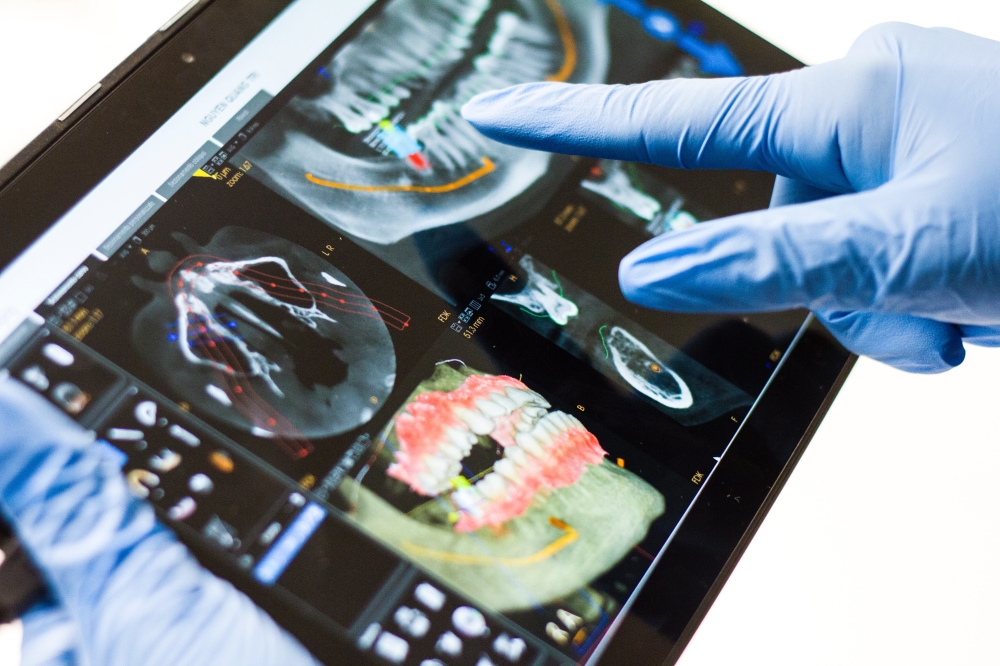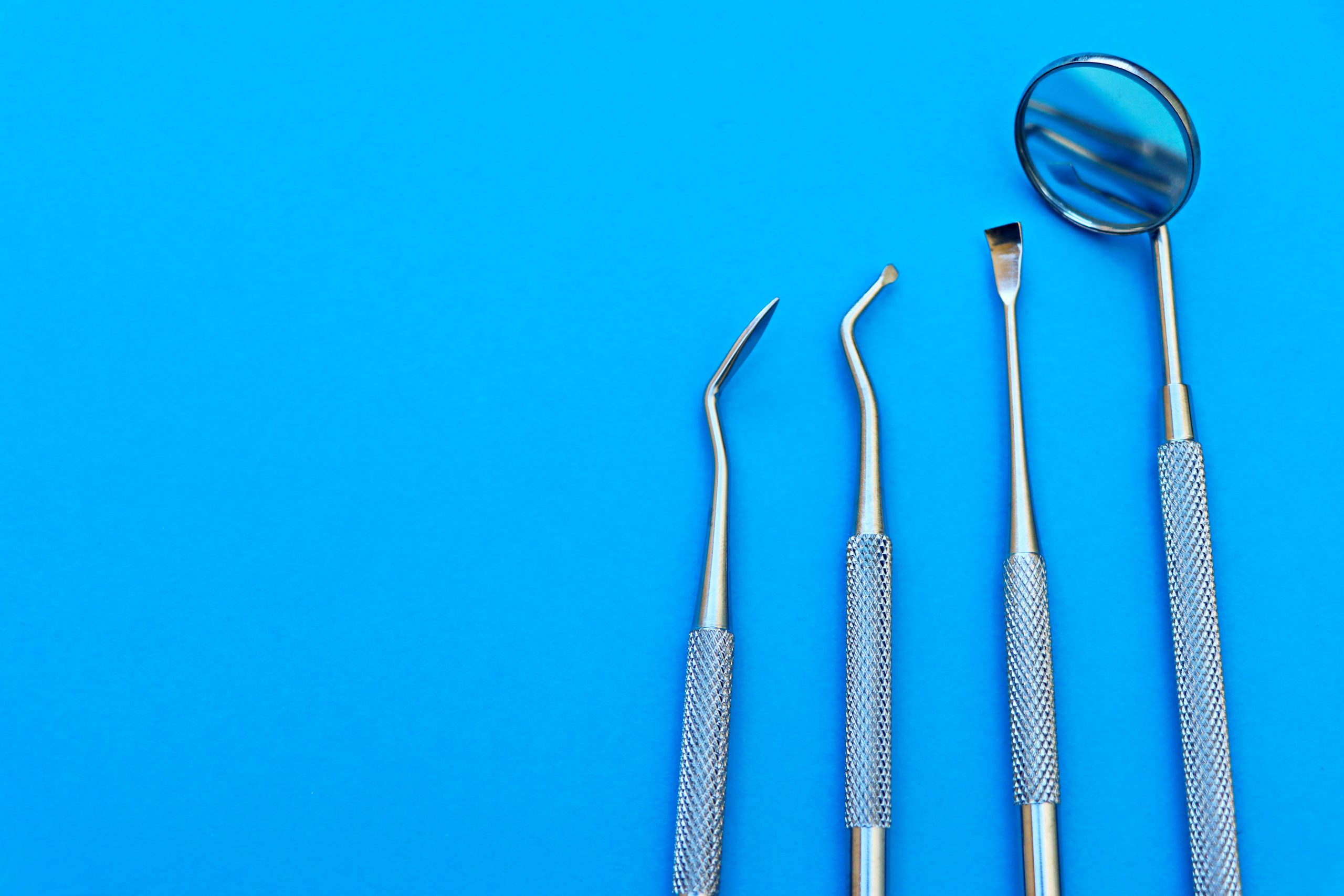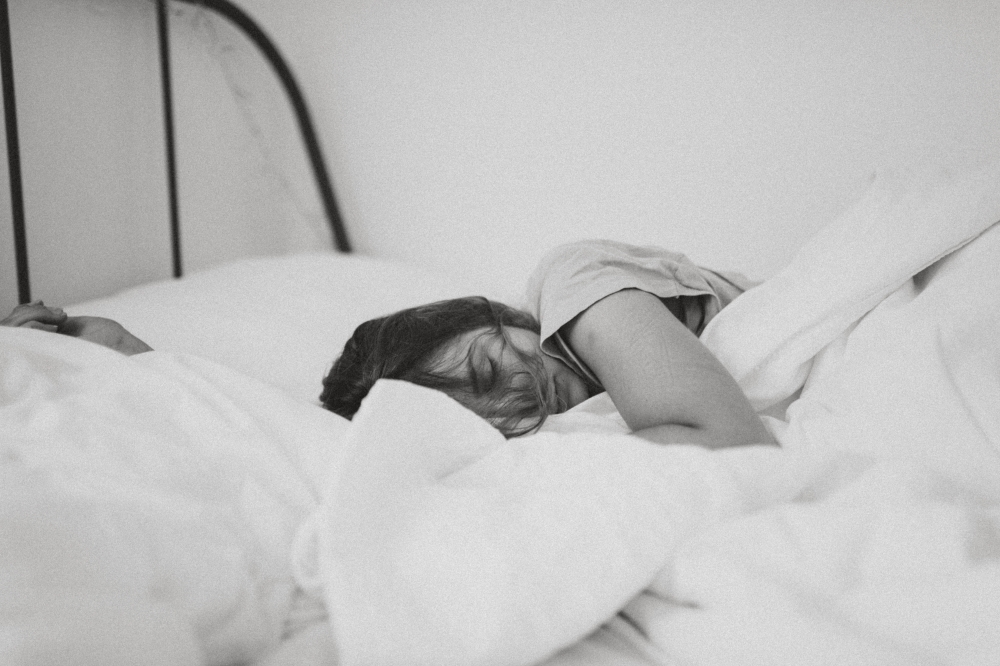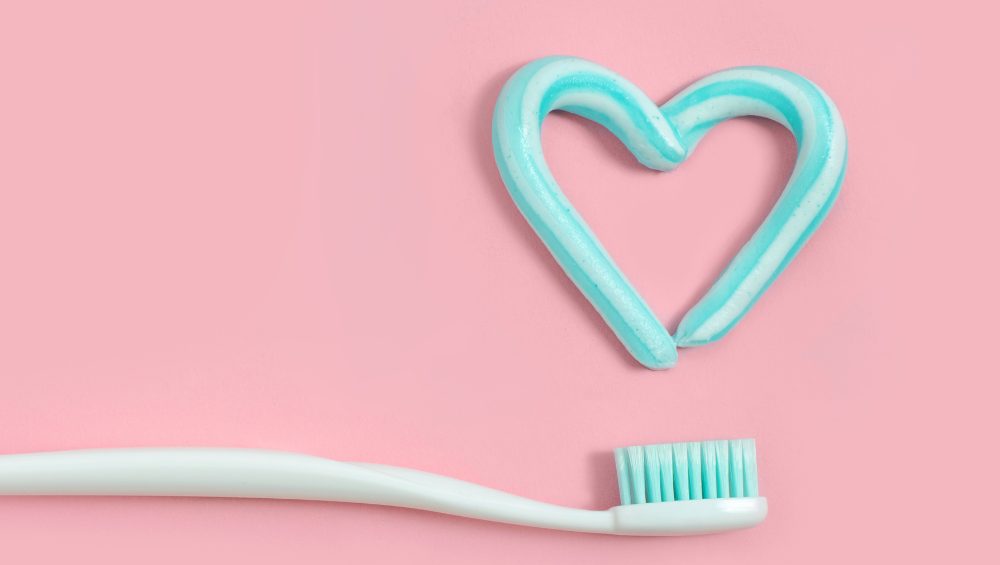
Everything You Need to Know About Root Canals
February 21, 2021
How Stress Influences Your Oral Health
March 11, 2021To plenty of people, sleepless nights are common. Many sufferers mask their exhaustion and fuel themselves with caffeine, assuming that it’s normal and there’s nothing to be done. However, there may be a more serious underlying reason you’re having trouble sleeping.
When you lack sleep, you are at greater risk of developing serious health complications and illnesses, such as obesity, diabetes, and cardiovascular disease. Other times, you may not be getting the rest you need because of dental issues and discomforts, like teeth grinding, tooth decay, or infection.
A deep, relaxing night of sleep requires your whole body to be at rest. If you haven’t been sleeping well, it’s important to evaluate your habits and see if there’s anything you can do to improve your quality of sleep. Unfortunately, there are a number of factors that can disrupt your slumber—and your teeth are no exception.
If you’ve been struggling to get better sleep at night, keep reading for a few dentist-approved tips to improve your sleep at night and to make sure your teeth aren’t the culprit behind those restless nights.
Dentist-Approved Tips to Improve Your Sleep at Night
Here are some dentist-approved tips to improve your sleep at night:
- Follow a routine
When you were younger, you probably lived life according to a strict schedule. Homework at 5, dinner at 6, bath time at 7, lights out by 8. Schedules make life predictable and give us some sense of stability in this crazy world.
As adults, our days may not be quite as structured. Even so, making sure some parts of your day are consistent can prove helpful, especially if you’re having trouble sleeping. Establishing normal meal times and a regular bedtime can improve your health.
Regular meals ensure your stomach begins producing stomach acid and your mouth begins salivating when those fluids are needed for digestion; a normal bedtime forces your body to get into the habit of producing melatonin at the right time. If you struggle to sleep at the end of the day, try adding a little bit more structure to your day with a loose routine—at least mealtimes and bedtime.
- Skip the late afternoon coffee
Many of us start our days with some caffeine, and there’s nothing wrong with that. However, if you load up on coffee in the late afternoon, you may be sabotaging your sleeping pattern. Caffeine can affect your body for hours after you’ve already slipped the last drop, so if you’ve been having a difficult time sleeping, refrain from drinking coffee at least five hours before your bedtime.
Besides messing with your sleeping schedule, coffee can be bad for your teeth and may lead to discoloration or cavities. The best way to avoid this is to cut off coffee and other staining beverages completely, but if you can’t live without your caffeine, at least make a habit of having some water between sips of coffee and rinsing your mouth after your cup.
If you’re experiencing discoloration or pain that could indicate cavities, book an appointment with your dentist right away and seek treatment.
- Avoid snacking and eating your dinner too late
Eating before going to bed can be difficult on your body. Your digestive system will still be working, keeping the rest of your body from winding down and preparing you to doze off. One of the easiest ways to improve your sleep and overall well-being is to have dinner earlier.
Besides avoiding late dinners, try your best to dodge snacking urges to prevent serious health and dental damage. Chronic snacking may lead to health complications, especially for those dealing with type 2 diabetes and obesity.
Snacking may also lead to dental issues. When you snack, sugary or starchy food can mix with the bacteria in your mouth, forming acids that can break down and weaken your tooth’s enamel. When this happens, your teeth’ structure gets compromised, leading to cavities or tooth decay.
How can dentists help me get better sleep?
Dental issues can affect your sleep in so many ways. When you’re dealing with cavities, tooth decay, or infections, you’ll be experiencing pain and discomfort, leading you to have sleepless nights and insufficient rest.
Some dental issues—such as bruxism—only exhibit symptoms when you’re asleep, making them hard to diagnose while leaving you prone to fractures, teeth loss, and disease. If you’ve been getting headaches and a sore jaw, you may be grinding your teeth in your sleep.
When you’re experiencing these symptoms, it’s best to visit your dentist and find out what dental problems may affect your sleep so you can get the right treatment immediately.
Conclusion
Sleep is an essential part of your life because it helps your whole body function properly, preventing severe health and dental conditions. By following these dentist-approved tips to improve your sleep and visiting your dentist regularly, you’ll be able to keep oral issues from affecting your sleep. Consult your dentist to have your teeth grinding, tooth decays, and other dental problems addressed so you can doze off peacefully into the night.
Southview Dentistry is an experienced dental practice that offers the best and current dental procedures in the industry. Our services include veneers, dental crowns, cosmetic dentistry, tooth extraction, and more. Book an appointment with us today!




